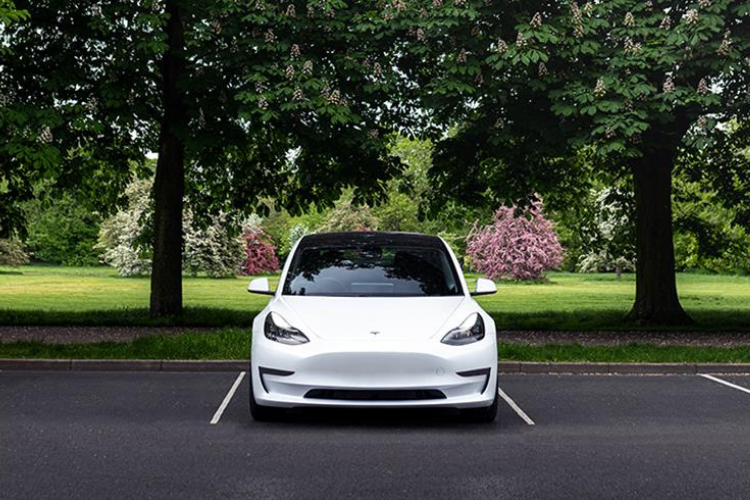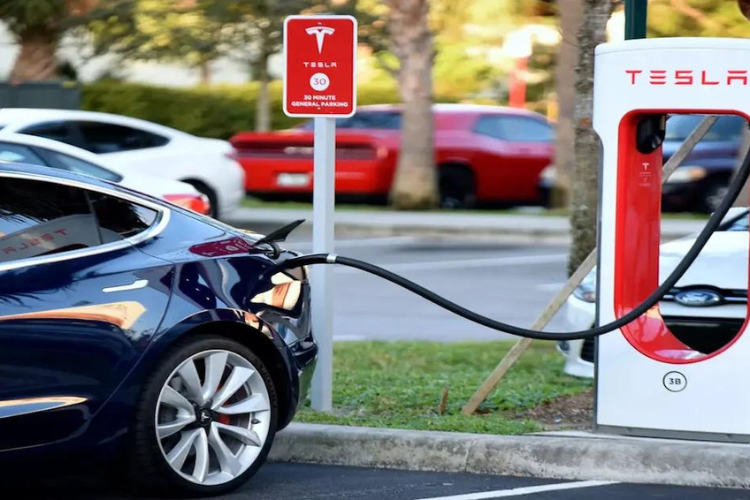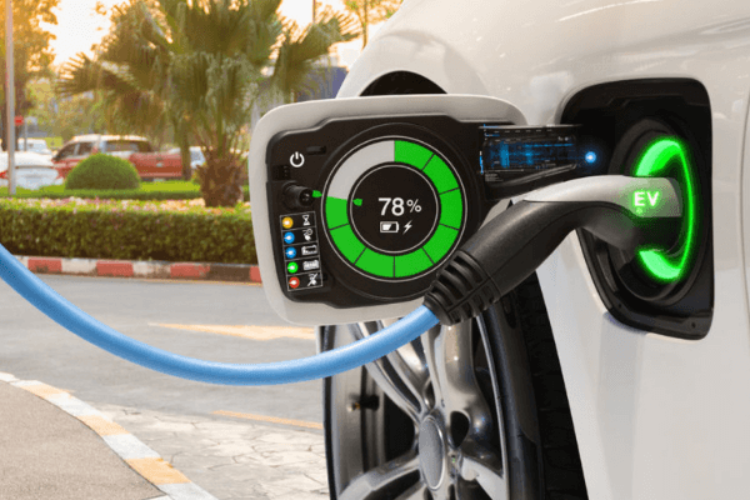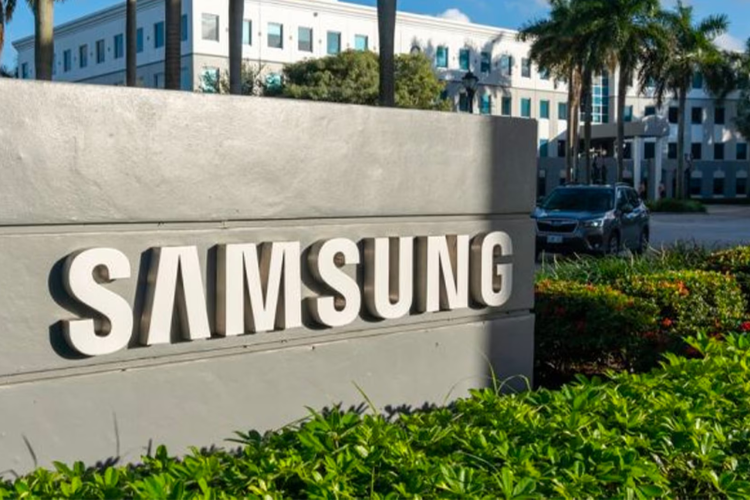
T.M. Roh, president and head of Samsung's mobile experience (MX) business, stated that the company will commence laptop manufacturing at its Noida facility this year. This decision highlights India's increasing importance as a manufacturing hub for the Korean giant, positioning the country as its second-largest manufacturing base.
Roh attributed Samsung's expansion in the country to the supportive policies of the Indian government. However, he acknowledged that the global demand slowdown in 2023 required some adjustments at its facilities. "Noida stands as Samsung's second-largest base," Roh remarked, suggesting that there might be modifications at the plant to align with global demand. Nonetheless, he emphasized that Noida remains a crucial base for the company.
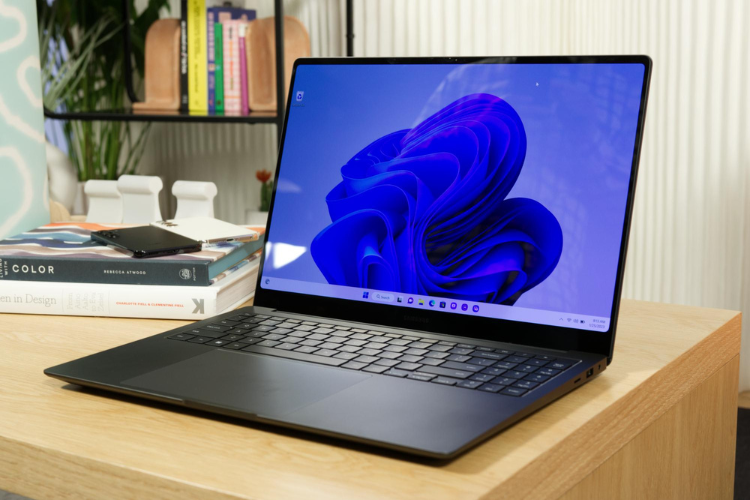
In August last year, India implemented restrictions on the import of laptops, tablets, servers, and other related items. The objective was to decrease India's dependence on imported IT hardware, aligning with the production-linked incentive (PLI) schemes targeting consumer electronics such as personal computers, laptops, and tablets.
In May 2023, the government unveiled a revamped ₹17,000 crore PLI scheme for IT hardware to invite manufacturers of laptops, tablets, and other hardware to establish operations in India. This initiative followed an initial version with a lower allocation that did not gain traction. India currently imports laptops and tablets amounting to approximately $8 billion annually.
Referring to forecasts from global market research firms, Roh remarked that indicators were pointing towards a projected market growth of approximately 5% in 2024, which is anticipated to bring the market back to its 2022 levels. However, he emphasized the importance of introducing new features such as Galaxy AI, which involves AI integration in mobile phones, which is expected to generate new use cases among smartphone users and stimulate demand in 2024.
He further mentioned that worldwide, replacement cycles were extending, yet an increasing number of consumers were investing in high-end premium products. Samsung aims to capitalize on this market trend by prioritizing AI development for mobile phones.
Samsung has a track record of manufacturing feature phones, smartphones, wearables, and tablets in India. Roh affirmed that the company will persist in collaborating with the government to bolster manufacturing operations in the country.
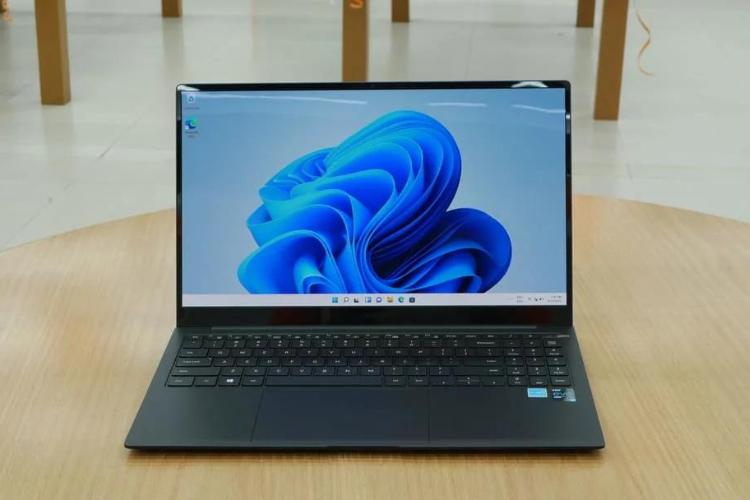
The senior executive emphasized that the country will continue to play an important role in advancing Galaxy AI technology, serving as the primary hub for cutting-edge smartphone innovations. He highlighted the significant contributions of the R&D centers in Noida and Bangalore, particularly in software development to enhance AI for mobile devices, in validating AI interpretation, and in providing translation services.
"We aim to integrate Galaxy AI into approximately 100 million units within the year, enhancing user experiences and accessibility while promoting the adoption of AI technology. Similar to our approach with LTE, 5G technology, and foldable phones, we remain committed to swiftly popularizing new technologies," stated Roh.
The company unveiled its flagship Galaxy S24 series smartphone, featuring notable artificial intelligence functionalities. Although the utilization of Galaxy AI remains complimentary until the end of 2025, Roh indicated that the company has yet to decide whether to extend this offer beyond 2025 or initiate charges for it.
The flagship model represents one of the newest products manufactured locally and will be accessible for purchase in stores by the month's end. Roh mentioned that pre-orders for the flagship device in India were showing promising signs of interest.
Continue Reading...
